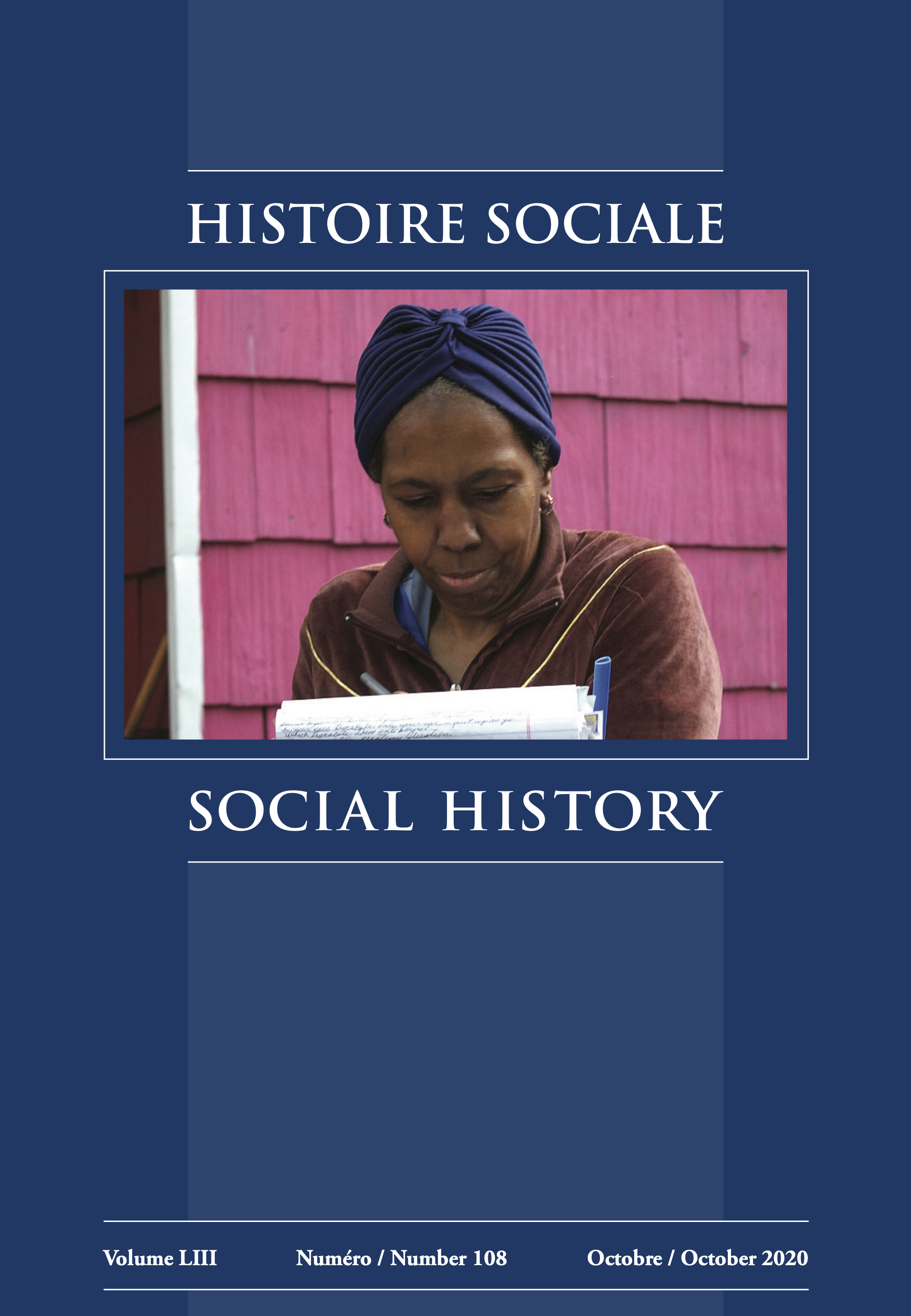Uchronic Lives, Emotion, and Temporality: The Radical Politics of the Basque Country, 1968–1982
DOI:
https://doi.org/10.1353/his.2020.0016Abstract
The Spanish leftists who struggled against Franco’s dictatorial regime in the late 1960s and 1970s were fuelled by their belief in a radically different and better future. Revolutionary enthusiasm was particularly strong in the Basque Country, where the radical left had a strong presence. However, when the transition to democracy in Spain in the late 1970s and early 1980s followed a reformist rather than revolutionary course, the sense of disillusionment among Basque radicals eager for revolutionary change was especially acute. This article examines the presence of “uchronic dreams”—imaginings of alternate, radically different futures for post-Francoist Spain—in Basque leftists’ memories of the period between 1968 and 1982. Interviews with Basque militants who had been active in different organizations during the 1970s reveal the complex interplay of emotion and temporality in their memories of their activism. In understanding the memories of activists in terms of the loss and defeat of their revolutionary ideals, the author argues that melancholia plays an active role in shaping their memories. What emerges from their sense of loss of a future that never came to be is a new temporality that preserves intact many of their revolutionary expectations and utopian promises.


